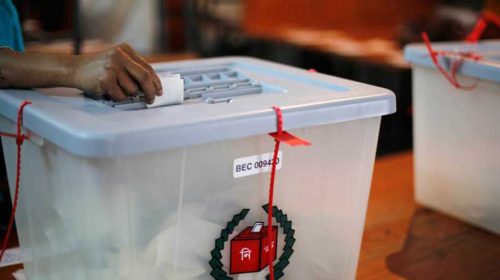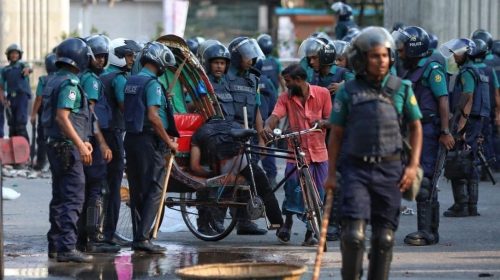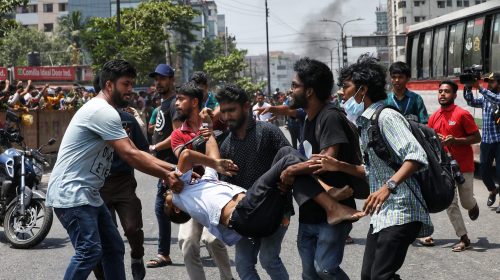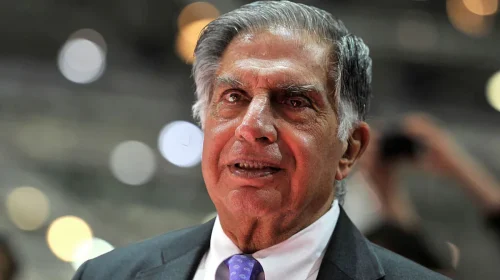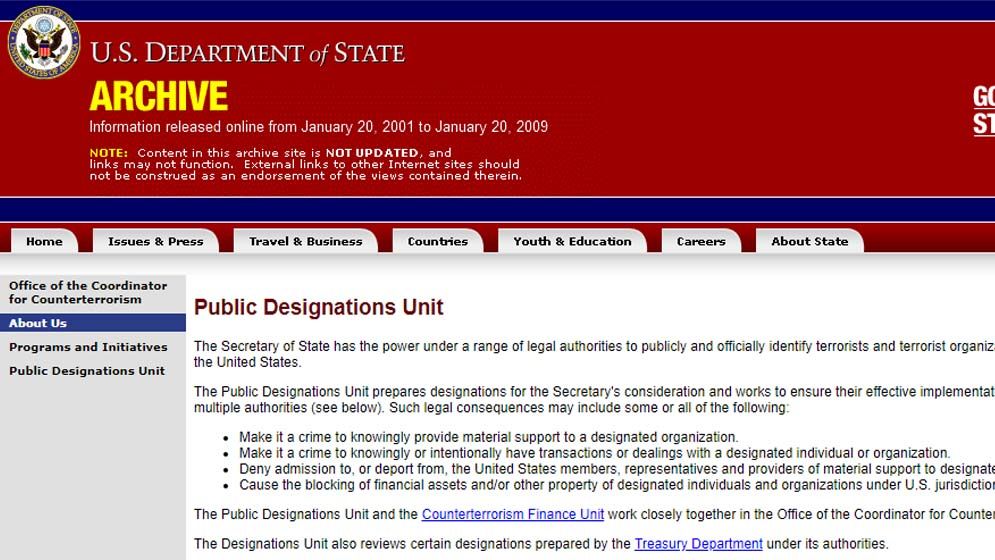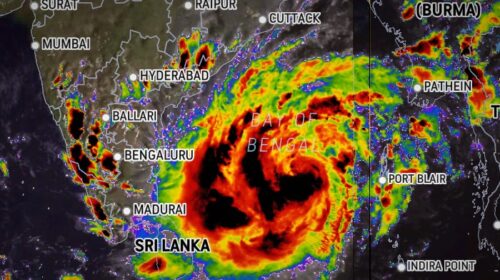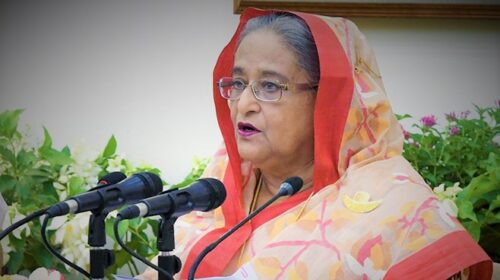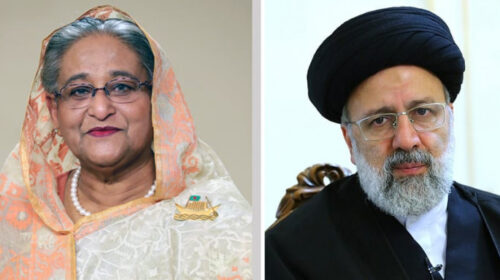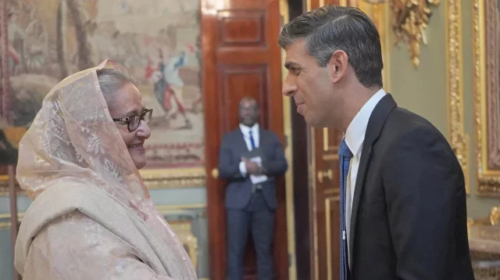The United States has imposed sanctions on Bangladesh’s former army chief General (retd) Aziz Ahmed for alleged involvement in corruption. The ban was issued in a statement published on the website of the US State Department on Monday afternoon local time. In official language, this announcement is called Public Designation. Now what is this public designation?
An article in the U.S. State Department archives states public designations—under various legal authorities, the U.S. Secretary of State may publicly and formally designate a terrorist and terrorist organization. And this identification and its notification is called designation. This designation imposes obligations on U.S. citizens and businesses worldwide, and anyone residing or doing business in the United States.
The designation is prepared by The Public Designation Unit. Later it was considered by the Foreign Minister. The designation unit also ensures that the obligation imposed on a person or organization is effective. The specific legal consequences of a designation depend on which legal authority made the designation. Multiple authorities can make designations—both individuals and organizations.
Incidentally: General Aziz Ahmed is involved in significant corruption as well as interfering in government processes to cover up his brother’s crimes, according to the US State Department. They also said that Aziz was unfairly pushing to get his brother a military contract. The person has engaged in government jobs by taking bribes for self-interest.
This public designation is made in section 7031(c). As a result, General Aziz Ahmed and his family members will not be able to enter the United States.
In a statement about this new announcement, the US State Department stated that, through this step, the United States is reiterating its commitment to strengthening Bangladesh’s democratic institutions and the rule of law.


